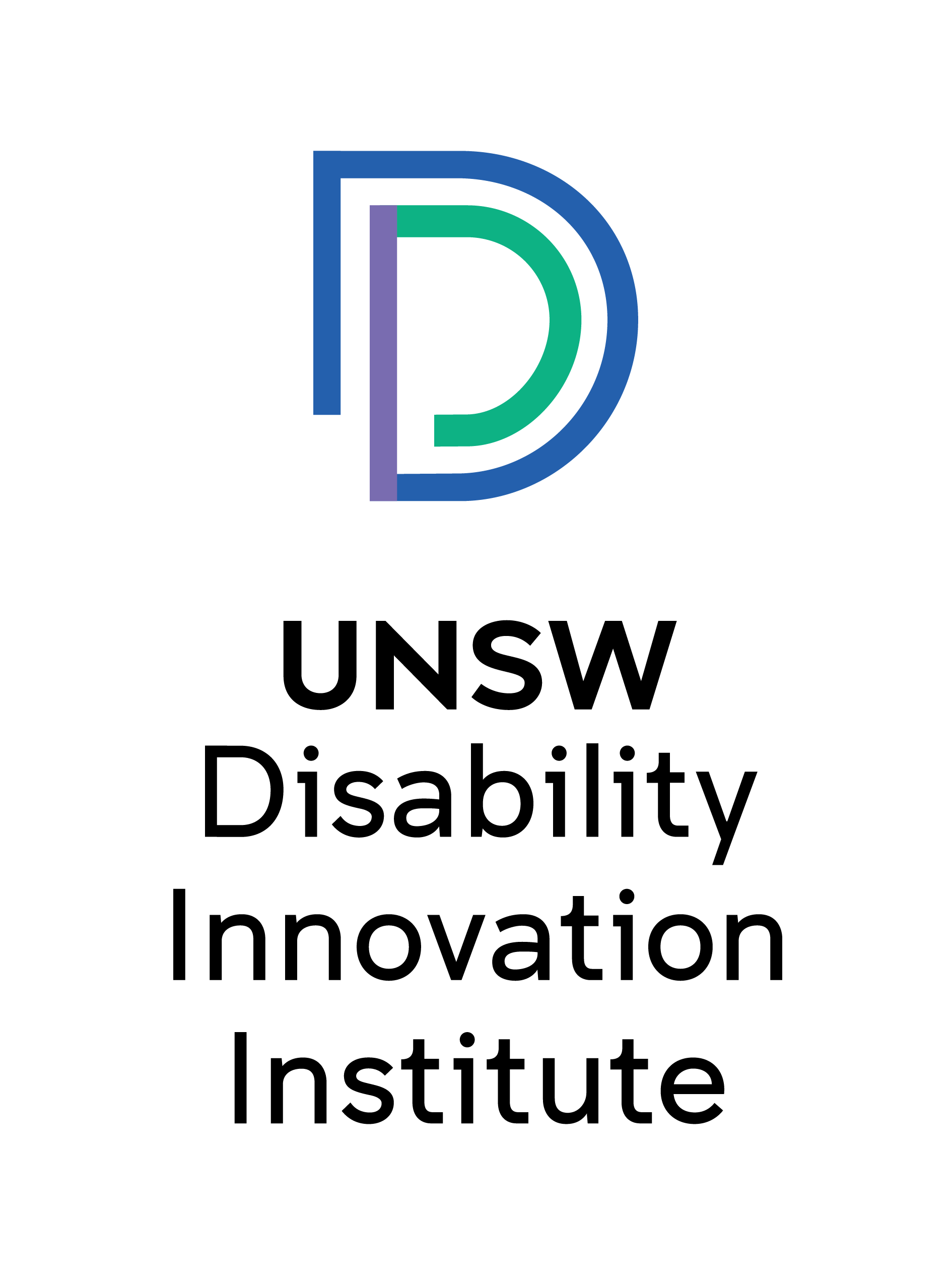You're currently completing a PhD at UNSW. Can you tell us a bit about your research, its aims and purpose?
My PhD explores stakeholder views on genetic screening for deafness and hearing loss in the reproductive setting. New tests are available to people pre-conception to give information on their chances of having a child with a genetic condition, so they can make informed choices in planning a pregnancy.
Although these tests are generally available for severe genetic conditions that have onset in childhood, they can also be used for other conditions that can be inherited from parents who are themselves healthy, although carriers. My research aims to find out what people think about using this kind of testing to offer prospective parents information on their chances of having a child with a hearing impairment. I hope to be able to inform the policy around how best to implement a population-wide screening program here in Australia.
What made you decide to study this topic? Why does it matter?
I believe there are different views that need to be heard about living with deafness or hearing impairment. I care about how genetic testing is used in our society and how we offer genetic testing in the most responsible and socially acceptable manner to all the population of Australia. I wanted to study carrier screening for deafness because I continually ask the question ‘just because we can, does it mean we should?’ This matters for a lot of different reasons. It matters to me as a genetic counsellor that I continue to be genuine as a practitioner in upholding the principle of doing no harm; it matters to us as a society as we reflect on how to make the best decisions about genetic screening in reproductive decision-making; and it matters to people who live with a hearing impairment.
Where are you up to with your research and what are the next steps?
I am one year into my PhD and am starting to collect data on stakeholder views on the topic. It has been a steep learning curve as I developed a foundation for my research. This year saw me working together with my supervisors to write a project protocol and apply for ethical approval for my study. It is essential to ensure my research is transparent, evidence based, and has the strength needed to produce reliable findings that can be published and inform policy. My topic is complex, and I am well aware that participants with a hearing impairment may feel anxious about expressing their views. I needed to ensure that participants feel supported enough to express their views and their own reactions to the topics being discussed. My training as a genetic counsellor has provided me with skills in empathetic listening and non-directive counselling.
I am now at the stage of inviting people to take part in the study and am looking forward to interviewing adults with a hearing impairment, as well as parents of deaf children.
Have there been any surprises for you about the research process and/or what you have learnt about the topic so far?
Research is a long process, and it takes a good network of supporters, supervisors and colleagues to make progress with a PhD. I have been wonderfully surprised at the help and assistance I get when I introduce myself as a doctoral candidate. Many people have given freely of their time to discuss research methodology, interviewing techniques, publishing strategies and collaborating on pieces of work to help me develop my own research skills. I knew that this topic was complex and would at times be controversial and I have already seen how polarised views can be. I have learnt to be tactful in listening to others who may see things differently. On top of this, I have learnt to ask why someone holds the view they have, asking them not just what their view is but what formed it and why they feel so strongly about an outcome or choice. It is this reflection that allows me to connect more deeply with the complexities and controversies of the topic.
What is your main wish about the impact your research might have?
My wish is for my research to reach the right people making policy decisions on genetic screening in the reproductive setting here in Australia. When I started thinking about this topic some people responded by saying that you can’t ask about hearing loss when you haven’t experienced it, that’s a topic for the Deaf community themselves. I am grateful to those who do identify as having a hearing impairment, or being deaf or having a hearing loss, for teaching me about what it means to them and how I can respond as a hearing person. I hope my research has the integrity and authenticity to genuinely represent the views of my interview participants and stakeholders in all aspects of my study. I hope the findings from my research provide guidance on whether deafness fits in an Australian reproductive carrier screening program. I hope my research is positively received by both the hearing and the deaf communities. Finally, I hope my research contributes to the growing body of evidence on how genetic testing can best be used by people planning a pregnancy.

